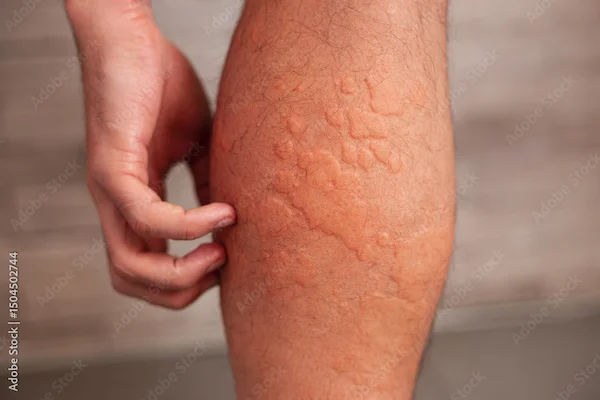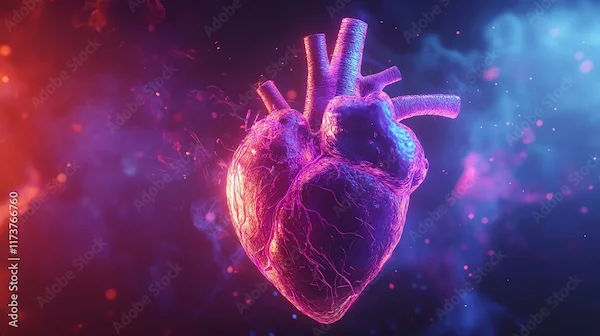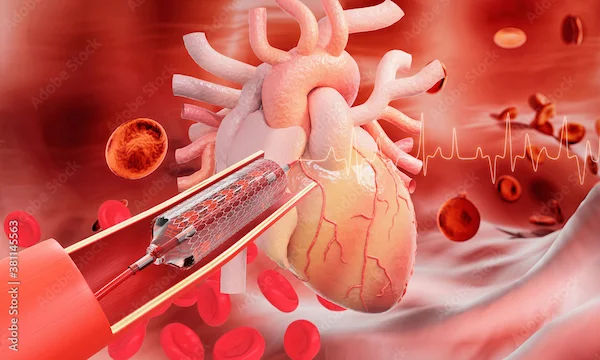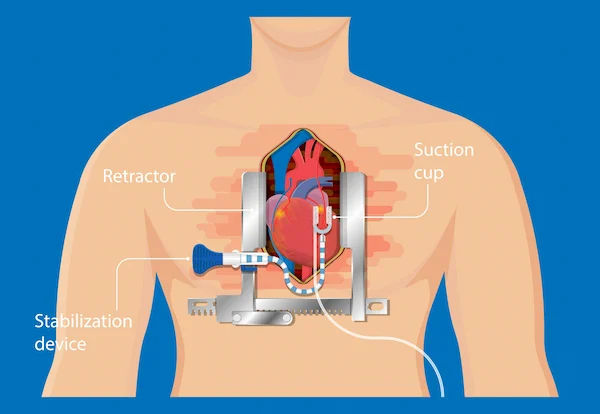After Effects Of Angioplasty
Discover the common after effects of angioplasty, including recovery tips, lifestyle changes, and potential complications. Learn how to manage your health post-procedure for long-term heart wellness.

Written by
Last updated on 7th Jul, 2025

Introduction
Angioplasty is a common and life-saving procedure used to open blocked or narrowed coronary arteries, improving blood flow to the heart. While it can significantly reduce symptoms like chest pain (angina) and prevent heart attacks, patients often wonder about the after-effects and recovery process. If you or a loved one has undergone angioplasty, it’s natural to have questions about what comes next. This article will guide you through the common after-effects of angioplasty, how to manage them, and steps to ensure a smooth recovery.
What Happens After Angioplasty?
After an angioplasty, most patients experience immediate relief from symptoms like chest pain and shortness of breath. However, the body needs time to adjust, and some temporary side effects may occur.
Common After Effects of Angioplasty
Common after effects of angioplasty are:
1. Bruising or Soreness at the Insertion Site
Angioplasty is usually done through the wrist (radial artery) or groin (femoral artery).
You may notice bruising, tenderness, or a small lump where the catheter was inserted.
This usually fades within a few days to a week.
2. Fatigue and Weakness
Your body has been through a medical procedure, so feeling tired is normal.
Rest is important, but light movement (like short walks) helps in recovery.
3. Mild Chest Discomfort
Some patients feel mild chest tightness or discomfort after the procedure.
This is usually temporary, but if severe or persistent, consult your doctor.
4. Bleeding or Swelling at the Catheter Site
Minor bleeding can occur, especially if you move too soon.
Keep the area clean and follow your doctor’s instructions on wound care.
5. Medication Side Effects
After angioplasty, you’ll likely be prescribed blood thinners (like aspirin or clopidogrel) to prevent clots.
These can sometimes cause easy bruising or stomach irritation.
6. Emotional Changes
It’s common to feel anxious or overwhelmed after a heart procedure.
Talking to a counsellor or joining a cardiac rehab programme can help.
Consult Top Specialists for Personalised Tips
How to Manage Recovery After Angioplasty?
Recovery after angioplasty is generally quick, but following medical advice is crucial for long-term heart health.
1. Follow Your Doctor’s Instructions
Take prescribed medications on time (especially blood thinners).
Attend all follow-up appointments.
Report any unusual symptoms (severe pain, excessive bleeding, fever).
2. Take Care of the Insertion Site
Keep the area clean and dry.
Avoid heavy lifting or strenuous activities for a few days.
Watch for signs of infection (redness, swelling, pus).
3. Gradually Resume Physical Activity
Start with short walks to improve circulation.
Avoid intense workouts until your doctor approves.
Cardiac rehabilitation programmes can guide safe exercises.
4. Eat a Heart-Healthy Diet
Reduce salt, sugar, and unhealthy fats.
Include fruits, vegetables, whole grains, and lean proteins.
Avoid processed foods and excessive caffeine.
5. Quit Smoking and Limit Alcohol
Smoking increases the risk of future blockages.
Alcohol in moderation (if approved by your doctor).
6. Monitor for Complications
Seek immediate help if you experience:
Severe chest pain
Difficulty breathing
Sudden dizziness or fainting
Excessive bleeding from the insertion site
Long-Term Lifestyle Changes for Heart Health
Angioplasty is not a cure for heart disease. It’s a treatment. To prevent future heart problems:
Stay Active: Regular exercise strengthens the heart.
Manage Stress: Practice relaxation techniques like yoga or meditation.
Control Blood Pressure & Cholesterol: Regular check-ups are essential.
Maintain a Healthy Weight: Obesity increases heart strain.
Stay Hydrated: Helps circulation and overall health.
When to Seek Medical Help?
While most after-effects are mild, contact your doctor if you notice:
Increased pain or swelling at the catheter site.
Fever or chills (signs of infection).
Shortness of breath or irregular heartbeat.
Black stools or vomiting blood (possible internal bleeding from blood thinners).
Conclusion
Angioplasty is a highly effective procedure that can restore heart health and improve quality of life. While some after-effects are normal, following medical advice and adopting a heart-healthy lifestyle can ensure a smooth recovery. If you have concerns about your recovery or need expert guidance, consider booking a consultation with a cardiologist through Apollo 24|7. Early care and proper follow-ups can make all the difference in maintaining a strong and healthy heart.
Consult Top Heart Surgeon
Consult Top Specialists for Personalised Tips

Dr. Bhethala Sharan Prakash
General Physician/ Internal Medicine Specialist
5 Years • MBBS MD
Bengaluru
PRESTIGE SHANTHINIKETAN - SOCIETY CLINIC, Bengaluru

Dr. Sumanjita Bora
Cardiologist
9 Years • MBBS, PGDCC
Bengaluru
Apollo Clinic, Sarjapur Road, Bengaluru

Dr. Abhijit Vilas Kulkarni
Cardiologist
10 Years • MBBS, MD, DM (Cardio)
Bengaluru
Apollo Hospitals Jayanagar, Bengaluru
(75+ Patients)
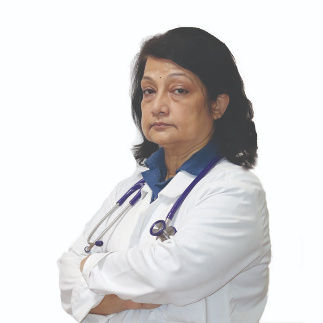
Dr. Tripti Deb
Cardiologist
40 Years • MBBS, MD, DM, FACC, FESC
Hyderabad
Apollo Hospitals Jubilee Hills, Hyderabad

Dr. Ramalinga Reddy
General Physician
5 Years • MBBS MD General medicine
Bengaluru
PRESTIGE SHANTHINIKETAN - SOCIETY CLINIC, Bengaluru
Consult Top Heart Surgeon

Dr. Bhethala Sharan Prakash
General Physician/ Internal Medicine Specialist
5 Years • MBBS MD
Bengaluru
PRESTIGE SHANTHINIKETAN - SOCIETY CLINIC, Bengaluru

Dr. Sumanjita Bora
Cardiologist
9 Years • MBBS, PGDCC
Bengaluru
Apollo Clinic, Sarjapur Road, Bengaluru

Dr. Abhijit Vilas Kulkarni
Cardiologist
10 Years • MBBS, MD, DM (Cardio)
Bengaluru
Apollo Hospitals Jayanagar, Bengaluru
(75+ Patients)

Dr. Tripti Deb
Cardiologist
40 Years • MBBS, MD, DM, FACC, FESC
Hyderabad
Apollo Hospitals Jubilee Hills, Hyderabad

Dr. Ramalinga Reddy
General Physician
5 Years • MBBS MD General medicine
Bengaluru
PRESTIGE SHANTHINIKETAN - SOCIETY CLINIC, Bengaluru

